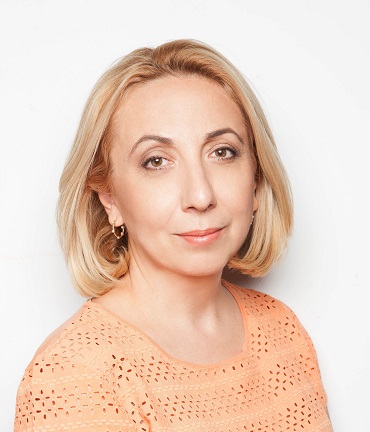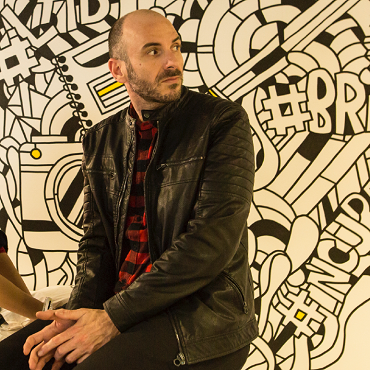Infodemic
Anna Kynthia Bousdoukou
The SNF Dialogues held the 2nd in a series of online discussions on Wednesday, 29 April focusing on the “Infodemic” that is shadowing the pandemic. The live webcast at snfdialogues.org featured Ioanna Soufleri, a molecular biologist and Chief Editor of "To Vima Science"; Tasos Telloglou, a journalist and reporter at Ant1 channel; and Thanasis Troboukis, a journalist and Project Manager of iMEdD Lab. They shared their thoughts about the sources of information we rely on, the quality of data available, and our ability to interpret that data to produce sound analysis.
“Many of the contradictions in the instructions we all receive on a daily basis have to do with what you can actually do once a particular measure is announced. So we try to articulate instead what you cannot do,” said Telloglou about the varied sets of instructions people in Greece have recently received. This is essentially what the infodemic is: the “excessive dissemination of information, which is more confusing than it is informative,” Troboukis explained. Soufleri mentioned reasons for optimism in the present situation, stressing that “it all depends on the source of the information, so I’m glad that information on COVID-19 is open and freely accessible to all,” while Telloglou stressed that “information has no national boundaries. If we want to know more about the pandemic, we must also see it from a non-European perspective.” Asked if there is a shortage of journalists capable of understanding and reporting scientific news, Soufleri replied that “this is a question for journalism schools. I believe, however, that we have made great strides in the field of medical journalism.”
The Peace Journalism Lab at the Aristotle University of Thessaloniki’s School of Journalism & Mass Communications presented, via video (available below), the results of a survey launched a few days before the lockdown went into effect in Greece. The survey, which relates to media coverage of the pandemic, delivered data on which specific media are sought out by the public, on public trust in the media generally, and on the problem of misinformation. Journalism professionals also voiced concerns and explained their unresolved questions about how to practice their vocation in the midst of the pandemic in a video (available below) created expressly for the discussion by iMEdD.
Troboukis also presented data from the interactive web application created by iMEdD Lab to track the spread of the Covid-19 virus in Greece and around the globe, underlining “people’s need for data,” and mentioning that “in less than a month, the application has been visited more than 2.5 million times.” The Dialogues discussion was capped off with the screening of a video and photographic material from iMEdD’s new journalistic project, “Present,” which is on view in public places in cities across Greece and online at parontes.imedd.org.
What We Should ALL Be Doing Right Now!
Which question do you think has been left unanswered, despite the plethora of information circulating about the pandemic?
What have you noticed, or what concerns you about the vocation of journalism these days?
“PARONTES”
Research on the media coverage of the (COVID-19) pandemic
In Brief
The SNF Dialogues are curated and moderated by Anna-Kynthia Bousdoukou.
*The opinions expressed by Dialogues participants, whether officially representing institutions and organizations or themselves alone, at events, in articles, or in other audiovisual media are solely their own and do not necessarily represent the views of the Stavros Niarchos Foundation (SNF) or iMEdD. Speakers' remarks are made freely, without prior guidance or intervention from the team.




